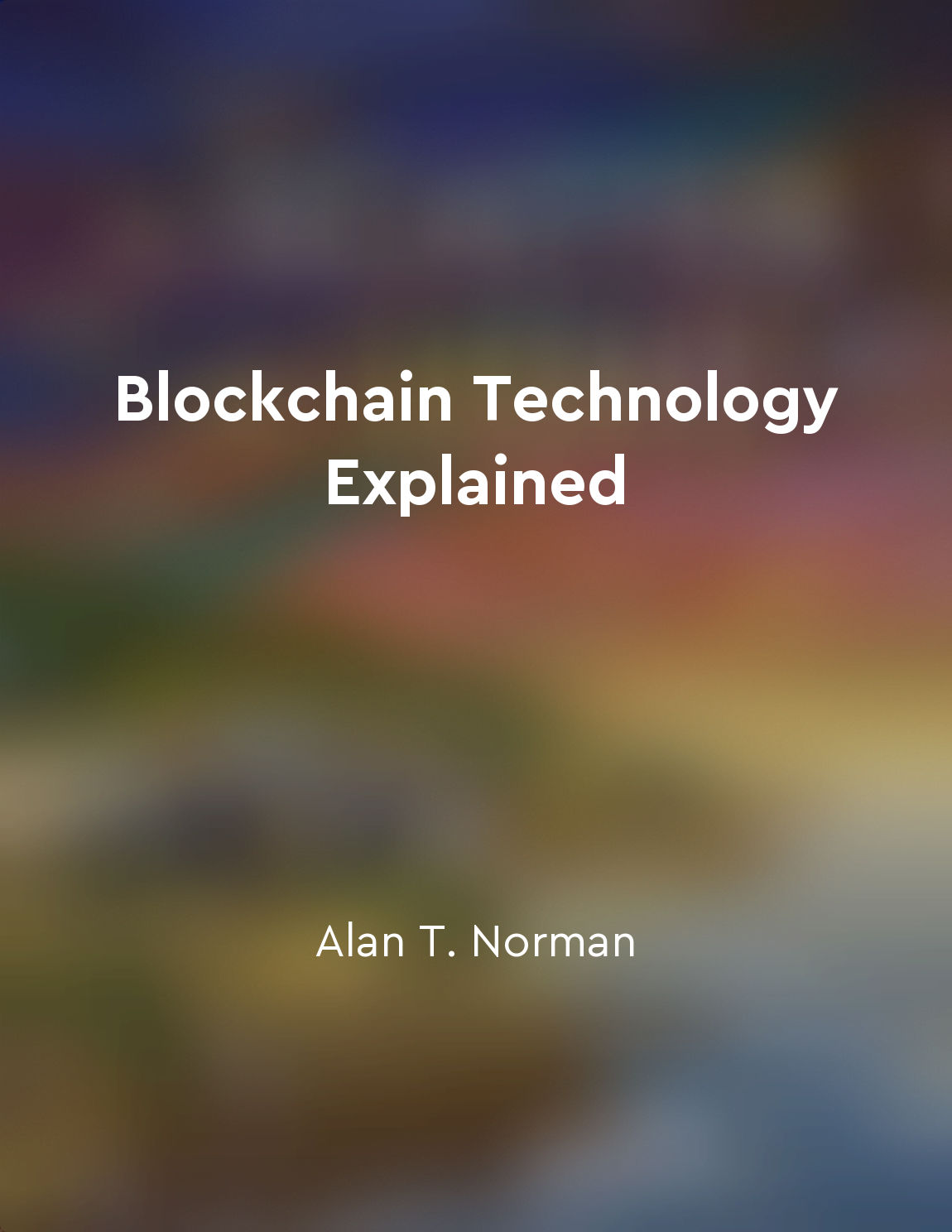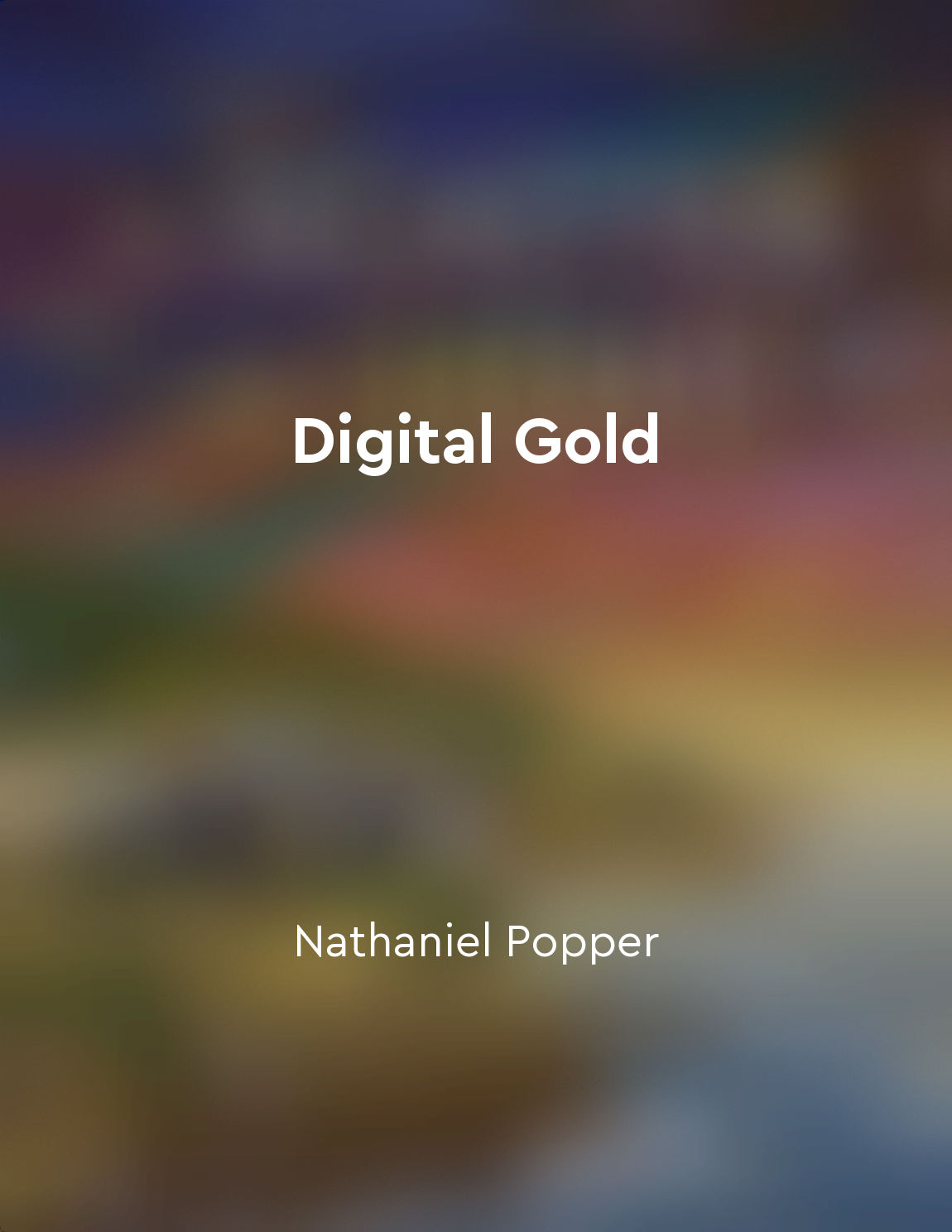Blockchain technology from "summary" of Radical Technologies by Adam Greenfield
In the realm of information technology, blockchain technology is often held up as a kind of panacea, a solution to a wide range of pressing problems that beset contemporary society. At its most basic level, a blockchain is simply a decentralized ledger of transactions, maintained on a network of computers and secured through cryptographic means. The appeal of the blockchain lies in its promise of transparency, security, and decentralization. As every participant in the network possesses their own copy of the blockchain, there is no single point of failure. This makes it incredibly difficult for any one actor to manipulate the data contained within the blockchain, as doing so would require the collusion of a majority of the network's participants. Moreover, the transparency of the blockchain means that every transaction that has ever taken place on the network is visible to all. This can be a powerful tool for combating fraud and corruption, as any attempt to tamper with the data will be immediately apparent to all participants. In this way, the blockchain can be seen as a kind of trust machine, enabling strangers to engage in transactions with one another without the need for an intermediary. However, the blockchain is not without its drawbacks. One of the most pressing issues facing blockchain technology is scalability. As every transaction that takes place on the blockchain must be verified by every participant in the network, the process of reaching consensus can be slow and energy-intensive. This has led to concerns about the environmental impact of blockchain technology, particularly in the case of cryptocurrencies such as Bitcoin. Despite these challenges, the potential of the blockchain to revolutionize the way we transact with one another is undeniable. From supply chain management to voting systems to digital identity, the blockchain has the power to transform a wide range of industries. As we continue to grapple with the social, political, and environmental challenges of the 21st century, the blockchain may well prove to be a radical technology indeed.Similar Posts

The fiat standard is unsustainable
The fiat standard is unsustainable. The fiat standard is unsustainable because the system is fundamentally based on a flawed pr...
Managing private keys
Managing private keys is a critical aspect of using cryptocurrencies securely. When you own cryptocurrencies, what you really o...
Blockchain technology is revolutionary
Blockchain technology represents a fundamental shift in how we transact and interact with each other. It is not just a new form...
Tokenization can democratize investment opportunities
Tokenization has the potential to revolutionize the way investments are made, by making access to investment opportunities more...
Blockchain can reduce fraud and corruption
Blockchain technology has the potential to significantly reduce fraud and corruption. This is because of the fundamental charac...

The transparency and security of blockchain make it an ideal solution for various industries
The transparency and security offered by blockchain technology have made it an attractive solution for a wide range of industri...

Development of alternative cryptocurrencies
In the early days of Bitcoin, as the idea of a digital, decentralized currency began to take hold, a wave of new cryptocurrenci...
